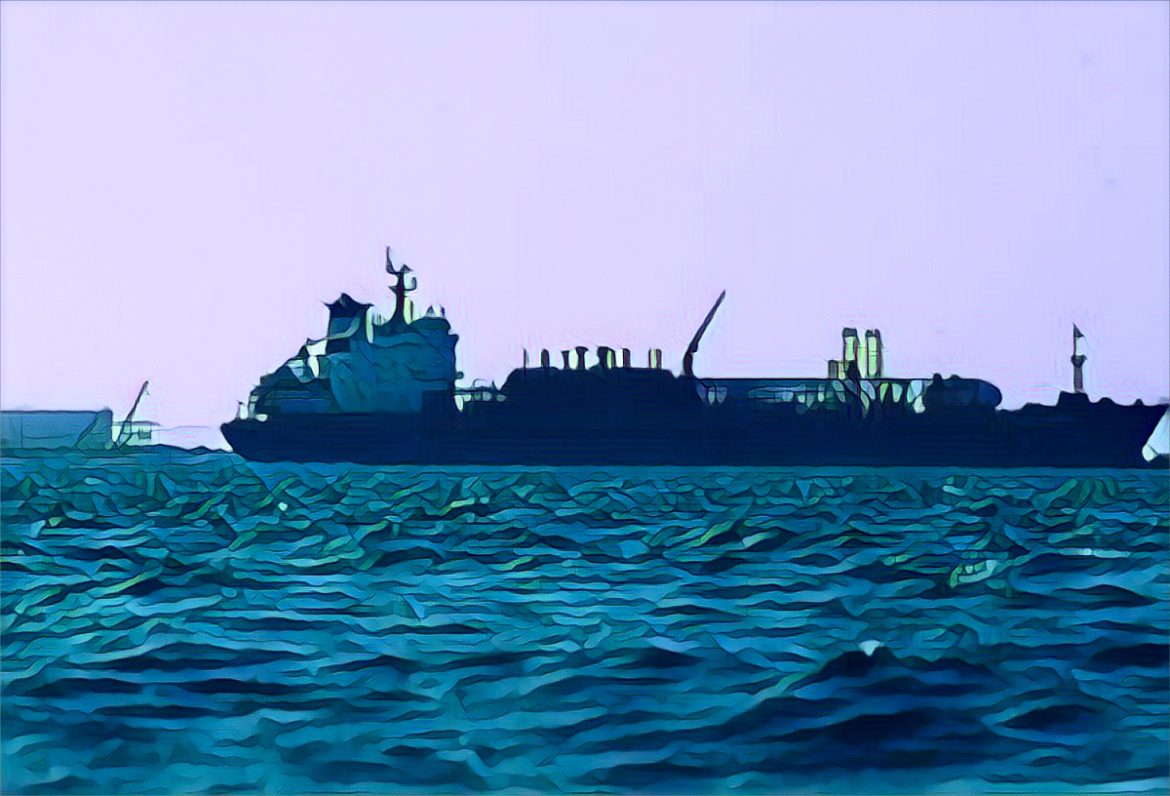The Iran-backed rebels have vowed to target American vessels in response to US and British strikes on their sites in Yemen.
The Red Sea, a vital shipping route that connects Asia and Europe, has become a new battleground for the ongoing conflict in Yemen. The Houthi movement, which controls most of northern Yemen and is backed by Iran, has threatened to expand its attacks on ships in the region to include US vessels after US and British forces launched strikes on Houthi military positions last week.
The Houthis say they are acting in solidarity with the Palestinians, who have been under siege by Israel for more than three months in the Gaza Strip. The rebels have also accused the US and Britain of supporting the Saudi-led coalition, which has been waging a war against them since 2015.
Houthis Strike US-Owned Ship
On Monday, the US Central Command said that a US-owned and operated dry bulk ship, the Gibraltar Eagle, was hit by an anti-ship ballistic missile fired by the Houthis while sailing 100 miles off the Gulf of Aden. The attack caused a fire in a hold of the vessel, which was carrying steel products, but no injuries and the ship was continuing on its way, according to the vessel’s operator, Eagle Bulk Shipping.
Earlier in the day, a British maritime security firm, Ambrey, reported that another US-owned ship, a Marshall Islands-flagged bulk carrier, was struck by a missile near Yemen’s port of Aden. The firm said the attack was likely aimed at US interests in retaliation for the recent strikes on Houthi sites.
The US and Britain said they had no desire to be involved in the Red Sea conflict but were committed to protecting free navigation and regional stability. They also called for an end to the Houthi attacks, which they said posed a threat to international trade and security.
Impact on Trade and Energy
The Houthi attacks have disrupted the maritime trade through the Suez Canal, which accounts for about 12% of world shipping traffic. Some container vessels have been pausing or diverting from the Red Sea, opting for the longer and more costly route via the Cape of Good Hope instead.
The attacks have also affected the energy sector, as some liquefied natural gas (LNG) tankers have stopped in Oman to seek security advice before proceeding to the Suez Canal. QatarEnergy, the world’s second-largest LNG exporter, has joined those avoiding the Red Sea, a senior source told Reuters.
The longer route can add about nine days to the normal 18-day trip from Qatar to northwest Europe, increasing the costs and emissions of the LNG trade. However, the impact on energy prices has been limited, as the conflict has not affected the crude oil output in the region.
The escalation of the Red Sea conflict comes amid a stalled peace process in Yemen, where the war has killed tens of thousands of people and caused the world’s worst humanitarian crisis. The UN has been trying to broker a ceasefire and a political solution, but the efforts have been hampered by the lack of trust and goodwill between the warring parties.
The international community has urged the Houthis and the Saudi-led coalition to resume dialogue and end the violence, which has only brought more suffering and misery to the Yemeni people. The UN has also called for more humanitarian aid and access to the country, where millions of people face famine and disease.
Despite the bleak situation, some analysts and activists say there is still hope for peace in Yemen if the parties can overcome their differences and put the interests of the people first. They said that the Red Sea conflict could also be an opportunity to revive diplomatic efforts and pressure the stakeholders to seek a political settlement.
Source: Reuters



